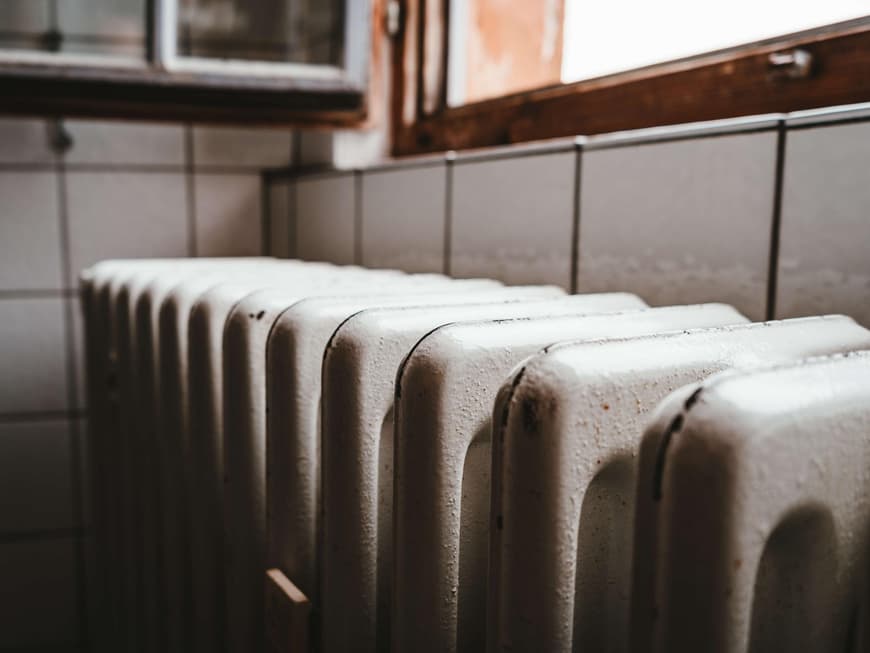
Replacing a heating system is an important investment to improve energy efficiency and living comfort. Whether for environmental reasons or to reduce heating costs, replacing an outdated heating system can bring numerous benefits. In this article, you'll learn everything you need to know about replacing your heating system and how to make the right decision for your home.
Why consider replacing your heating system?
There are many benefits to replacing an outdated heating system. A modern heating system works more efficiently and therefore saves energy and costs. You can also benefit from government subsidy programs that support the replacement. A new heating system also increases living comfort and can increase the value of your property.
Which heating systems are available?
There are various heating systems on the market, including gas heating systems, oil heating systems, heat pumps and pellet stoves. Each system has its advantages and disadvantages. Gas and oil heating systems are widely used, while heat pumps and pellet stoves are more environmentally friendly. Choosing the right system depends on various factors, such as the availability of energy sources in your region, the costs and your personal preferences.
Energy efficiency and environmental aspects
When replacing a heating system, it is important to pay attention to the energy efficiency of the new system. An energy-efficient heating system can reduce heating costs and CO2 emissions in the long term. Pay attention to the energy efficiency label and check whether the desired heating system is eligible for state subsidies. An environmentally friendly heating system contributes to sustainability and is an investment in the future.
Planning and installation
Replacing a heating system requires careful planning and installation. Before deciding on a particular system, you should consult a specialist. A heating engineer can help you choose the right heating system and ensure a professional installation. Plan the replacement in good time to avoid bottlenecks during the heating season.
Maintenance and care
Regular maintenance of the new heating system is crucial to maintain its efficiency and service life. Have the heating system checked and cleaned regularly by a specialist. Observe the recommended maintenance intervals and carry out minor maintenance work yourself, such as bleeding the radiators.
Conclusion
Replacing your heating system offers numerous advantages in terms of energy efficiency, comfort and environmental friendliness. By choosing the right system and having it professionally installed, you can benefit from lower heating costs and an improved indoor climate in the long term. Always consult a professional to ensure that the heating replacement complies with current standards and regulations. Invest in the future and make your home more energy efficient with a modern heating system.
